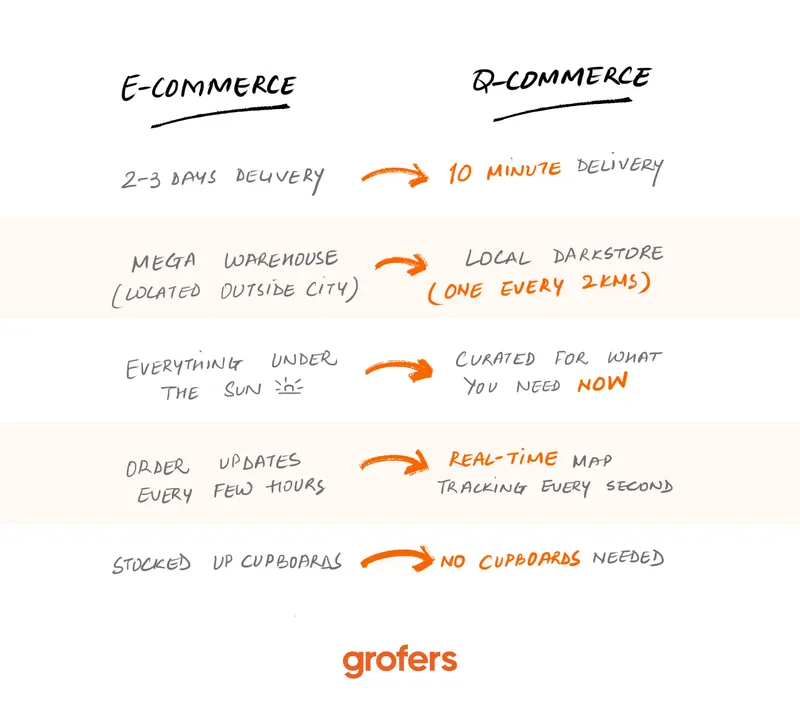Grofers rebrands itself as Blinkit, underlines quick commerce
In a blog, Grofers' CEO and Co-founder Albinder Dhindsa said "we learnt a lot as Grofers, and all our learnings, our team, and our infrastructure is being repurposed to pivot to something with staggering product-market fit – quick commerce."
Online grocery delivery platform has rebranded itself as Blinkit to focus on its pivot to quick commerce.
In a blog, Grofers' CEO and Co-founder Albinder Dhindsa said, "we learnt a lot as Grofers, and all our learnings, our team, and our infrastructure is being repurposed to pivot to something with staggering product-market fit – quick commerce. Today, we are surging ahead as a new company, and we have a new mission statement – “instant commerce indistinguishable from magic”. And we will no longer be doing this as Grofers – we will be doing it as Blinkit."
The new name suggests that deliveries will take place in the blink of an eye. Albinder added that today Grofers has already processed over a million orders a week, across 12 cities in India, "and this is just a start."
Albinder in a blog added that the company is scaling up q-commerce or quick commerce, and it sincerely believes that q-commerce is the future of commerce.
"We do not take that statement lightly. Imagine as a user, you have a magical cupboard in the house and you can open it and retrieve what you need when you need it. This is what q-commerce is all about. Our purpose as a company is to make sure the cupboard is always available to you and the products in the cupboard are exactly what you need," it read.

The first part of being a magical cupboard is ensuring 10-minutes delivery, which Albinder said, means a network of riders that are available in every locality in the cities we serve.
"Over time, we have started adding more electric vehicles. Since the number of back and forth trips we make under 2 kms is increasing rapidly, we see a future where the delivery at a local level will be carbon-neutral. It is already happening at a lot of places in our network, and we expect it to go up."
Albinder shared that the company's technology for operating the 'dark stores' ensures that "the continuous view of what is available is accurately matched to what needs to be packed, whenever you, the customer, places an order- this ensures fast delivery."
"Secondly, whenever we open a 'dark store', we prefer to partner with local merchants who have an interest in being a part of the ecommerce revolution. This helps us in bringing a local flavour to the kind of products we sell, while also bringing about efficient space utilisation to markets," added Albinder.
At present, Blinkit's 'dark store' network is 211 stores, and it is launching a store every 8 hours right now. "This dense network means we have locations within 10 mins of 50 million customers already. As our fly wheel of more deliveries, more stores keeps running, we will keep getting closer and closer to more customers. This will mean lesser distances for our riders and faster deliveries for customers," wrote Albinder.
Grofers' rebranding comes at a time when , already an investor in the company, will reportedly invest $500 million to help the e-grocer to bolster its fast delivery/
Earlier, Grofers had met with criticism for its 10-minutes delivery as netizens took to social media, alleging that the service will push riders to drive fast and break traffic rules to deliver groceries in 10 minutes, highlighting the plight of gig workers with regards to compensation and working conditions. To this, Albinder issued a clarification saying "not all companies are built on the back of exploitation of the poor".
Edited by Anju Narayanan





